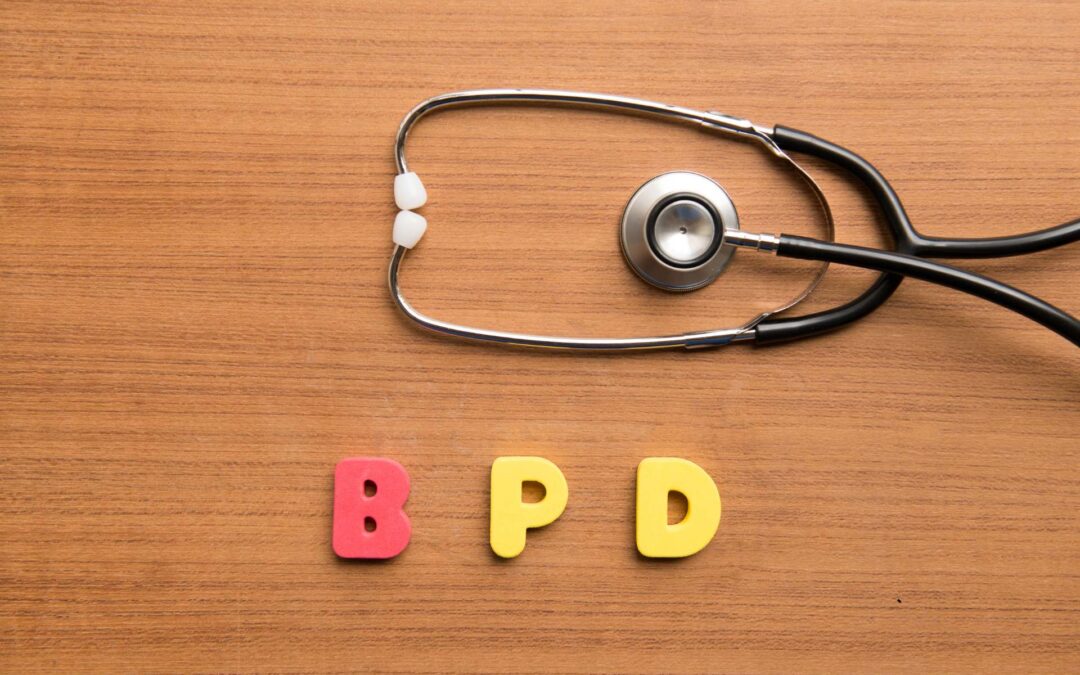Hi. My name isn’t important, but for the purposes of credibility, let’s pretend I’m a licensed professional with a background in mental health.
When people hear “BPD,” their brains often scramble the letters and assume you’re talking about bipolar disorder. But BPD actually stands for Borderline Personality Disorder, which, despite sounding like something invented in the 1800s to describe a woman who cried in public, is a real and very complex mental health condition.
People with BPD are known for having intense emotions, rapidly shifting moods, and a tendency to either love you or hate you. But can someone with BPD live a normal life? And more importantly, what does normal even mean in a world where billionaires wear hoodies to congressional hearings?
Myth #1: People with BPD Can’t Have Stable Relationships
People say those with BPD struggle with relationships. And that’s fair. But many people struggle with relationships. For instance, Chad (not his real name) once told me he loved me and then disappeared for three weeks to “work on himself,” which I later found out meant he got into cryptocurrency. Anyway, now he’s broke and couch surfing in Reno.
Sometimes, “stable” means something different. For someone with BPD, a stable relationship might look like:
- Regular check-ins about whether you hate them or not
- The occasional dramatic text like: “Okay, never mind, I’m fine, unless you’re mad, in which case I’m terrible”
- Sobbing to Fiona Apple songs to self-regulate
The key is emotional regulation, therapy, and someone who understands that “I’m leaving” might mean “I’m scared and need reassurance,” not “Please change the locks.”
Myth #2: People with BPD Can’t Hold Down a Job
Actually, many people with BPD do have jobs. Some even excel in them; especially in creative fields or anything that requires the ability to pivot between loving and hating your coworkers in under two minutes.
Yes, emotional dysregulation can make work tricky. But so can that one bitch from HR, and no one’s diagnosing her.
If you can survive emotional whiplash on the daily, corporate America has nothing on you.
Myth #3: A Normal Life Is Impossible
Before we go further, let’s define “normal.” Some people think normal means:
- Waking up on time
- Regular exercise
- Having stable emotions
- Not catastrophizing when the Costco sample lady seemed “disappointed” in you
But by that definition, a lot of people are not “normal.” So instead of “normal,” let’s aim for “functional but interesting.”
So… Can You Live a Normal Life with BPD?
Yes. You just have to redefine what “normal” means. Maybe it means crying in the morning and laughing at lunch. Maybe it means texting your therapist, “Do you hate me?” and then reading a book about attachment styles thirty minutes later.
Or maybe it means being deeply, unapologetically human in a world that often encourages emotional ghosting. Either way, you’re doing great. And if you’re not, that’s okay too.

